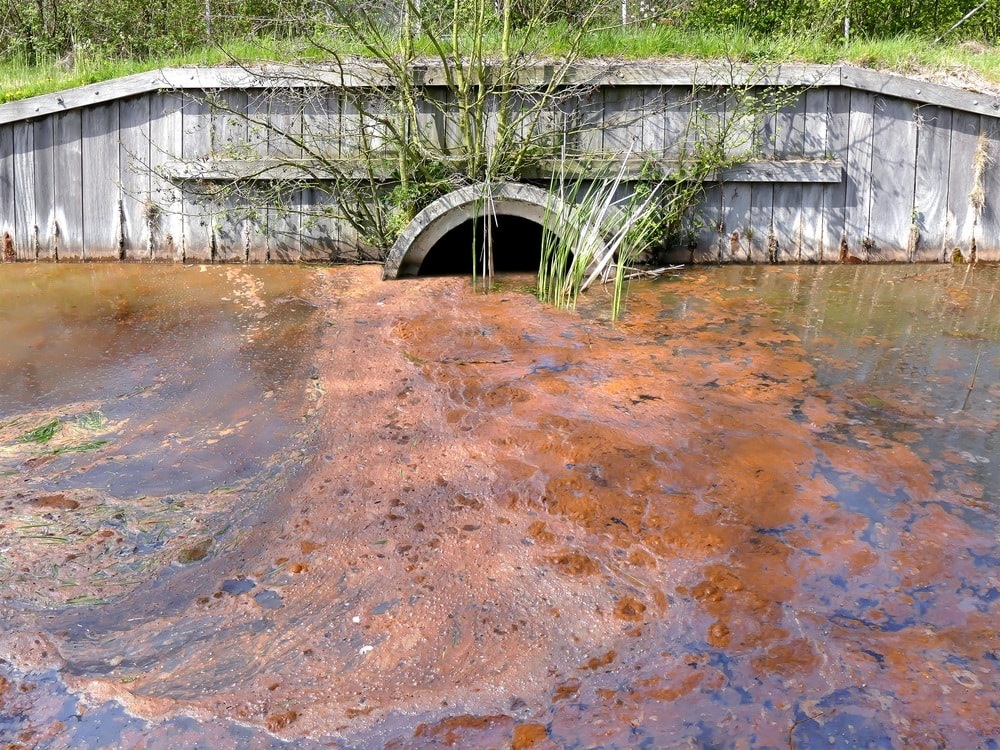The Clean Water Act[1] allows privates citizens to bring actions in federal court against firms alleged to be in violation of the Act or of a permit issued pursuant to the Act. However, the Act requires any citizen wishing to bring such an action first to provide notice of the citizen’s intent to sue the United States Environmental Protection Agency, and the proper regulatory authority in the state in which the violation is alleged to have occurred, to allow the regulators to take action to investigate the allegations and to take their own actions to bring the alleged violator into compliance.
The Act creates this notice requirement because Congress, when it passed the Act, intended for the regulatory authorities to have primary enforcement authority and desired to avoid circumstances wherein a Court might order some compliance activity that conflicts with the intentions of the regulators. If the regulatory authorities do take action to enforce the Act against the alleged violator, the private citizen is precluded from bringing any action.
If a private citizen prevails in such a citizen suit, the court may impose a substantial penalty on the violator, and the penalty is paid to the government, not to the private citizen. A prevailing private citizen is, however, also entitled to injunctive relief – that is, a court order prohibiting future violations (the order would likewise be enforceable by imposition of significant penalties if those violations recur). To prevail in such a citizen suit, the defending party must show that it has remedied the problem underlying the violations in such a way that it is “absolutely clear” those violations will not occur in the future. The nature of enforcement action a regulatory authority must take before a private citizen is precluded from bringing an action has been the subject of several difficult-to-interpret and difficult-to-harmonize court decisions over the past 30 years. The United States Court of Appeals for the Ninth Circuit recently attempted to add some clarity to the picture.[2]
In 2008, the National Resources Defense Counsel (NRDC) filed a lawsuit in the United States District Court for the Central District of California against the County of Los Angeles alleging the County was discharging polluted stormwater in violation of the terms of their national pollutant discharge elimination system permit, issued pursuant to the Clean Water Act in 2001. After an appeal of that original action, the Court of Appeals for the Ninth Circuit held that the county had violated its permit because its monitoring stations recorded exceedances of its permit limits in the 2001 permit. The Court of Appeals sent the case back to the District Court to determine an appropriate remedy. While the initial appeal was ongoing, the county applied for and in 2012 received a new stormwater permit. The new permit has substantially the same baseline receiving water limitations.
The 2012 permit was more complex, however. The 2001 permit provided simply that if the contaminant limitations were exceeded as detected by monitoring, the county was in violation of the permit. The 2012 permit established a total maximum daily load (TMDL) of contaminants the County could discharge in stormwater into certain water bodies. The permit also contained interim requirements to ensure that the county was making progress toward achieving the water quality standards in those water bodies as well as final deadlines to actually meet the TMDL limits. The permit provided that a failure to meet an interim or final TMDL limit was a violation of the permit. The permit also provided that if the county met the TMDL standards, it was deemed to be in compliance with the limitations.
The 2012 permit also created a safe harbor program for the county to implement a voluntary water shed management program or an enhanced water shed management program. If the county successfully completed the enhanced watershed monitoring management program, it would be exempt from all limitations and TMDL requirements, including the final deadlines. The county developed its enhanced management programs, but it is unclear whether they had actually taken any steps to implement those requirements. The county admitted that compliance with the requirements would be voluntary and that the compliance and implementation require substantial new resources and time.
The county then moved to dismiss the entire lawsuit was precluded, arguing that the 2012 permit supplanted the 2001 permit and therefore relief was not available to the NRDC. The District Court denied the Motion with regard to civil penalties for past violations, but granted the motion with regard to injunctive relief on the basis that the county was currently in compliance with the 2012 permit and that there was no evidence that the county would not continue to comply.
The Appeals Court held that the NRDC’s claims were not precluded because the county remained subject to receiving water limitations, which are substantially the same as the limits in the 2001 permit. Although the county is significantly less likely to violate those limitations under the 2012 permit, because of the delay and partial exemption afforded by the safe harbor, it was not “absolutely clear” to the Court of Appeals that the violations would not occur. The Court of Appeals held that a claim under the Clean Water Act could be dismissed only if it were “absolutely clear” that the allegedly wrongful behavior could not reasonably be expected to occur. Mere cessation of illegal activity in response to pending litigation does not moot a case.
[1] 33 U.S.C. §§ 1251, et seq.
[2] NRDC v. County of Los Angeles, No. 15-55562 (9th Cir., Oct. 31, 2016)



 A frequent lecturer and author on diverse environmental issues,
A frequent lecturer and author on diverse environmental issues, 








